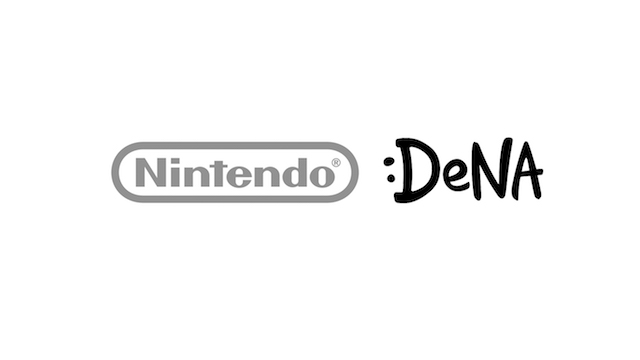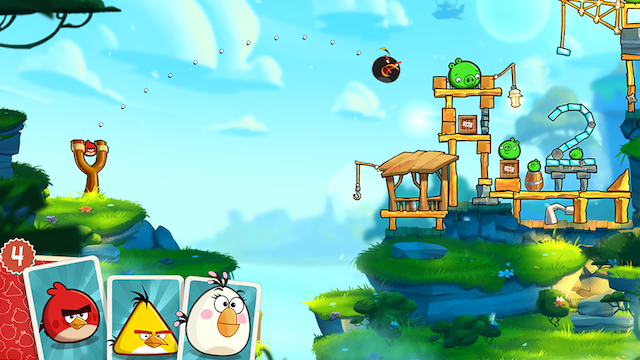DeNA taking Nintendo into the mobile arena is something that blindsided many. It was a move that was at the bottom of a growing list of things Nintendo might never do. The problem with it is that Nintendo’s allowing one company to produce its mobile games may have downsides that are more than visible to the everyday gamer. The casual player, the one with a smartphone filled with games, will love this to no end. That alone may bring success, but the irony is that gamers who grew up with Nintendo controllers glued to their hands typically do not enjoy mobile platforms.
The bare idea for why mobile gaming is not well received by people who call themselves either “hardcore” or “purist” gamers is that the mobile market is so saturated by DLC, IAP (in-app purchases), and poor design. Gaming was founded on an idea that separates itself from these three things. DLC may have existed in other forms through other mediums, but you were never prompted to buy more lives in Super Mario Bros. or to pay a premium to access the warp zones. Now, with a mobile market shedding its light on the land of Mario, we may see these very things exist.
With mobile games, you are expected to bring out the instant gratification part in gaming. You’re not supposed to typically work up to a boss, but more work over a few short obstacles, and then defeat the boss (if there is one) in a matter of seconds. Taking Angry Birds, one of, if not the biggest franchises on the iOS and Android platforms, a mimicry of that same formula is put to use; knock over a couple of pigs for five or so levels, beat the boss, do it again. It finds its IAP crevasse in using a lives strategy. If you’re a perfectionist, attempting to beat a level with three stars, but only getting two will cost you a life to try again. That’s just one example. The idea that leads gamers to despising this method of gameplay is placing their favorite plumber in the shoes of these shoeless birds. Dying in Mario is almost par for the course, but imagine if dying five times, getting a game over (or whatever the criteria may be) can result in paying those 99 cents to get another set of lives. While this is purely a what-if scenario, this is the line of thinking that puts a bad taste in the mouths of those who grew up with the series.
DeNA will probably produce a league of games that go far left from the classic Mario games that are loved and come up with a new idea that will put Mario up against new challenges and difficulties that are too far off to imagine. The disparity in this line of thinking is that Mario games, for the most part, have been something of a pure lineage. Sure, there have been sports games made by other developers, and even RPG titles that don’t even try to be canonical, but the series, as a whole, has always had a perfectly wrapped up idea behind it. Allowing another company to deal with the games outside of ones people have become accustomed to is another thing to worry about, but to also tackle a new medium that Nintendo has never fully flourished in is an entirely different battle.
IAP is something to expect with Nintendo and DeNA. I don’t expect it to be as bad as some of the western offerings where IAP is the main source of income, but I do imagine IAP being something that is held onto throughout gameplay. We may see something new and exciting from DeNA, and with Nintendo having a final say, we may get something truly revolutionary. But after eight years of mobile games invading our phones, it would have to honestly break barriers we didn’t know fully existed. Nintendo’s done it before, but the real worry is if it has ever done it eight years after the competition and came out successful.
Mobile gaming has moved its way to an almost purely IAP-based environment. It’s almost as if finding a game that takes the opportunity to not include IAP is like finding a diamond among a sea of rocks covered in grime. Nintendo and mobile gaming were once on opposite sides of the gaming spectrum. They never truly met or understood what the other was trying to say. Nintendo has always put mobile in its own little pocket for experimentation, but when the company signed a deal with the biggest mobile developer in Japan, it knew exactly what it was going to get into. Let’s just hope that Nintendo magic is still able to shine through in a new gaming environment.




 ShareThis
ShareThis









First off, let me say I concur completely. Personally, I couldn’t care less if people are allowed to buy their way through a game, but forcing purists to abandon skills to make a profit is despicable. Games may have begun in arcades, allowing novices to “insert quarter to continue”, but if you were good and knew your warp pipes, you could finish on 25 cents.
I’m very worried for the future of gaming. This is why I don’t like this model, and dlc on real gaming platforms as well. It’s a scam and people are falling for it big time, but hey it’s their money to lose. IF, and I mean IF; Nintendo continues to do dlc the right way (Mario Kart 8) I will buy it. At least it’s quality vs another set of characters or various “skins” or whatever. The youth of today think it’s great, but back when games were made right, you unlocked different weapons or whatever the hard way: by playing the game and proving your skill. Expansions were called Mega Man 2, for example. I do like what I see with the Destiny Taken King expansion. The full game, two expansions AND the Taken King in one package, hopefully on disc. That’s a good idea.
I imagine that we will see Nintendo games on mobile which adopt a variety of strategies. Nintendo have already said that they will be careful not to sacrifice gameplay, so I’m hopeful though!
If anything, the 3DS games with in-game purchases are probably a good indication of what we can expect from that sort of game.
So it looks like Nintendo are going with the flow. Not sure if that is good or bad, or a mixture of both. Have to wait it out and see I guess. I want to see the NX succeed for sure.